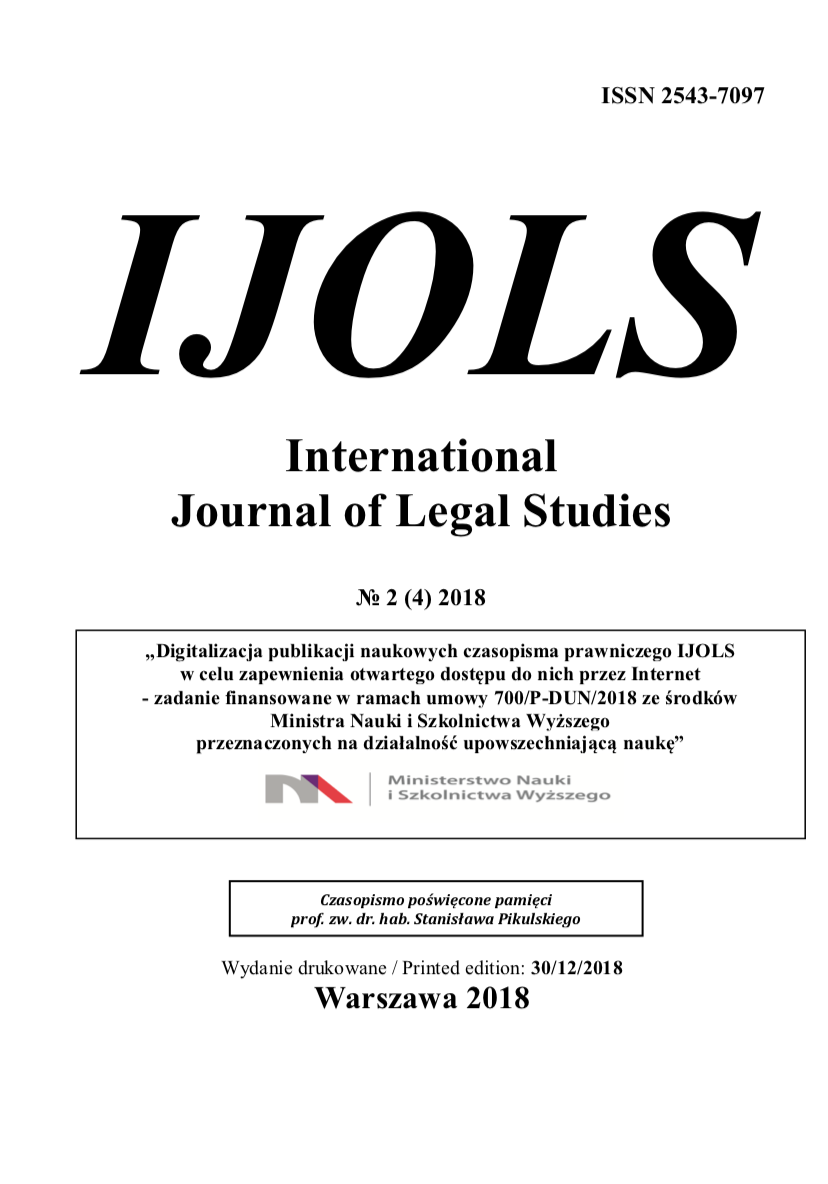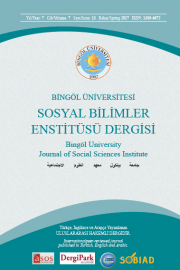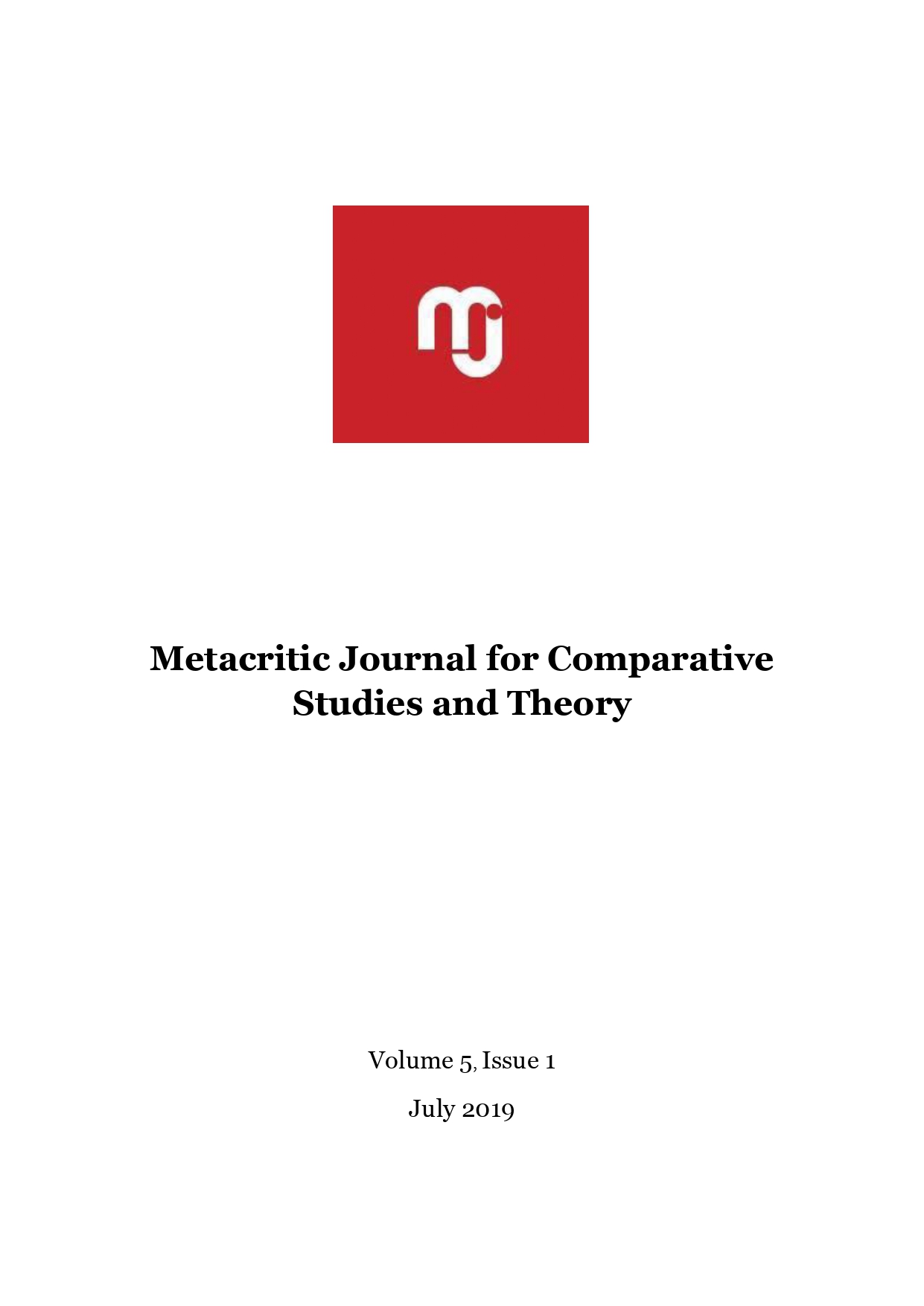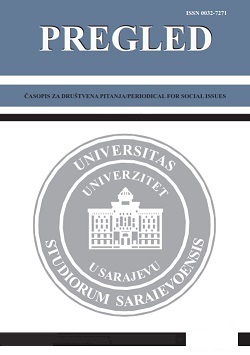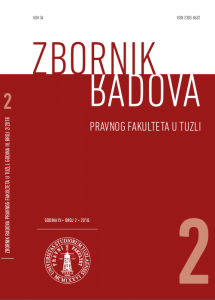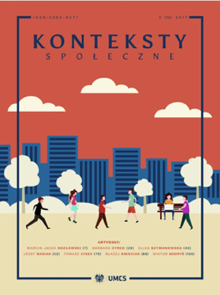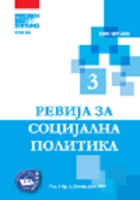
Антидискриминирачката политика и правото на еднаков третман во европското и македонското законодавство
The article presents an overview of the legal and institutional framework for equal treatment and non-discrimination in the European Union and the Republic of Macedonia. The principles of equal treatment and non-discrimination are the core of the European social model. They represent the basis for respect of the fundamental human rights and values. The gender equalities initiatives were first adopted in the 1970’s. The experiences gained in this area were used by the European Commission for development of a broad program for fight against all types of discrimination. Under the Treaty of Amsterdam a new Article 13 has been written to guarantee the right of equal treatment. Article 13 empowered the Community to take action to deal with discrimination on a whole new range of grounds, including racial or ethnic origin, religion or belief, age, disability and sexual orientation.The EU has put in place a strong legal framework to tackle discrimination by adopting three directives: (I) Council Directive 2000/43/EC implementing the principle of equal treatment between persons irrespective of racial or ethnic origin, (II) Council Directive 2000/78/EC establishing a general framework for equal treatment in employment and occupation; (III) Council Directive 2004/113/EC implementing the principle of equal treatment between men and women in the access to and supply of goods and services. A coherent and integrated approach towards the fight against discrimination is provided by adopting and conducting a wide range of activities: Council Decision establishing a Community action programme to combat discrimination (2001 to 2006), Commission Green Paper of Equality and non-discrimination in an enlarged European Union (2004), Non-Discrimination and Equal Opportunities for All - A Framework Strategy (2005), Council Resolution on the follow-up of the European Year of Equal Opportunities for All (2007). The principle of non-discrimination is one element of the political criteria for membership agreed by Member States at the 1993 Copenhagen European Council. Republic of Macedonia as a candidate country has obligation to transpose the three anti-discrimination Directives before joining the EU, as part of the Community legislative acquis. At the moment, the legal protection from different types of discrimination is provided with several laws covering different sectors: employment, health insurance, social protection, child protection, education, election laws, governmental and non-governmental organizations, and political parties, administrative and judicial procedures. Therefore, the government is engaged in drafting general framework on prevention and fight against discrimination.
More...
